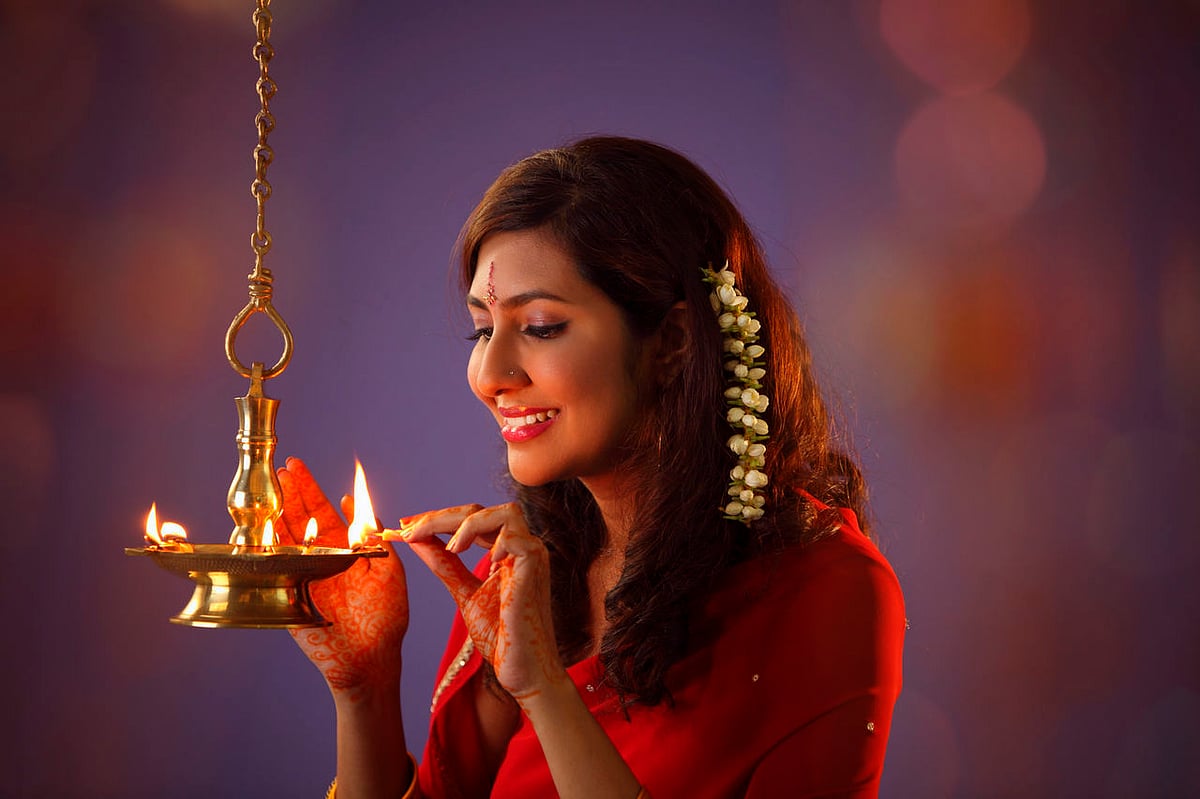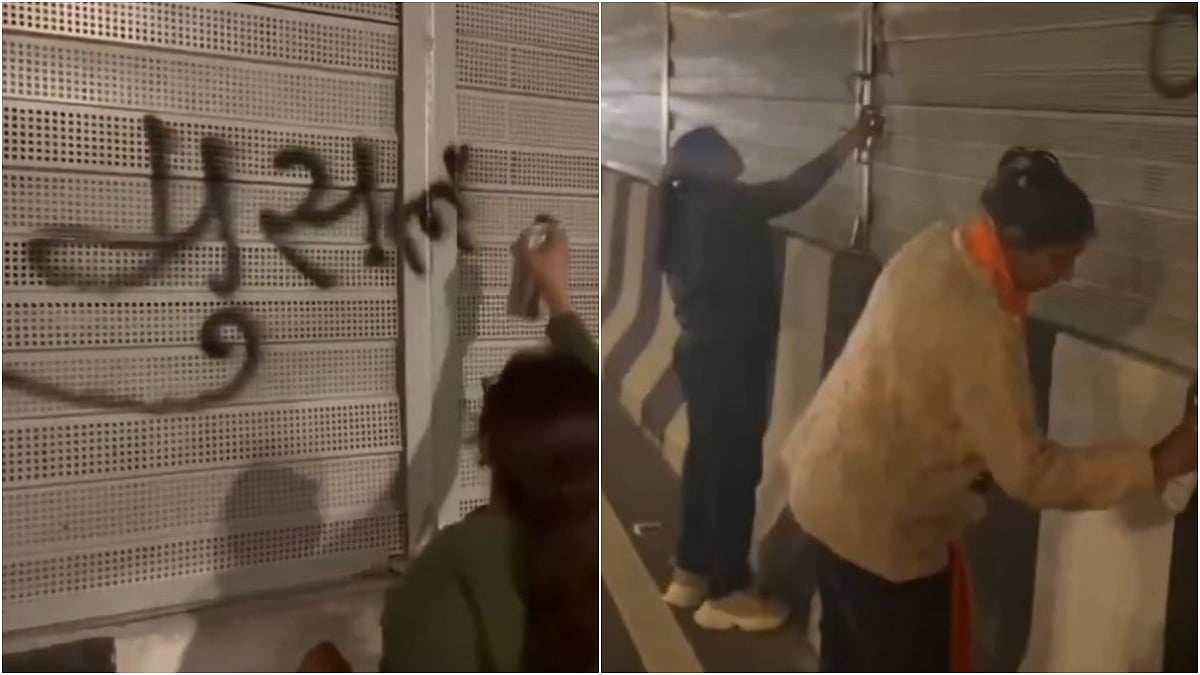Chamkat hai shab sitaraan soon, chamkat hai jahan charaghan soon
Main jashn-e-charaghaan ko paaoon dil noon pardaan ma
--Wali Dakhani, Urdu’s first poet and mystic (written in archaic Rekhti-Hindi)
(The night is effulgent with the stars, the ambience glitters with lamps/I find jashn-e-charaghaan-Deepavali-in the crevices of my heart).
Inspired by this couplet and weaned on Deepavali of his hometown Badayun in UP, the legendary poet-lyricist Shakeel Badayuni wrote almost in the same vein:
Jahan-e-rang-o-boo mein kyon talaash-e-husn ho mujh ko
Hazaron jalwe rakhshanda hain mere dil ke parde mein
(My heart is resplendent with thousands of lamps/ I needn’t search for the light in this mundane world).
Mystic poetry of Islam is influenced by two sub-continental festivals: Holi (jashn-e-faam; Faam: Colour in Persian...Gulfaam) and Shab-e-charaghaan or jashn-e-charaghaan
(The festival of light or the night of lamps). It must be mentioned that the whole mystic poetry in the annals of Islam is actually emblematic or symbolical (Alamati).
Amir Khusro writes a taslees (a verse of three lines/ salees means three in Arabic) in Pahalavi, ‘Zee astin rang-e-zeest/ Zee astin roshni-e-zeest/ Barmala mee azghaf jashn-e-durai’
(One festival bespeaks colours of life and other one enumerates upon the light of life/Ergo, these two festivals are so dear to me).
Indeed, Diwali and Holi have been dear to the mystics, though here I’d like to descant upon their love for Diwali, which will be all the more germane to the current times when things are divided in the names of religion, region and colour.
To all mystics, light in the world is the external manifestation of the light inside, which’s immanent and innate:
Shu’az roshan-e-feez nihaan roshan-e-agheez.
The greatest mystic Jalaluddin Rumi believed that every night is a night of Diwali (har shab, shab-e-charaghaan ast), for, cleansing the soul through inner and outer light is a continuous process.
Rumi says in Turkish, “Mizgaafin unn’neeyat mee aab/Roshan musalsal zee yaab” (Constant light helps me refine and brighten my darkened corners). What a beautiful thought: Lights brightening the darkened corners in the dungeon of one’s self!
Hakim Sanai called Diwali, a streak of celestial light from the heaven:
Shua-e-Khuda neez-un bahisht. Taking inspiration from it, Nawab Shefta, the patron of Ghalib and himself a very good poet and mystic, wrote:
Naazil hui hai ye roshni firdaus se
Zameen pe bikhar gaye hain nuqoosh farishton ke
(This light seems to have descended from the paradise/The marks of angels are here as lamps).
When the Stygian darkness of religious differences overwhelmed people, Persian poet Anwari referred to Deepavali and wrote tellingly in Dari (Afghan variant of Persian):
Yaa’n inn zulmat bee zaastaaf
Roshan shiraz shab hazaraan altaaf
(These thousands of lamps have the potential to dispel the darkness of all sorts).
The point is: Diwali is a festival of lights. It’s a symbol of the triumph of inner light, extolled by mystics who never cared for religious parochialism and were always above the hidebound and opportunistic interpretation of theirs and ours.
Roshni na teri, na meri
Roshni hai mere yaar, sabki
Aa ke bhool jaaein tafawatein saari
Manaein Diwali, jo har kisi ki
--Jaleel Manikpuri
(The light doesn’t belong to anyone specific/It belongs to all/ Let's forget all differences/ Celebrate Diwali which belongs to everyone).
Isn’t this universal message all the more relevant in these benighted times when extreme religiosity has embrowned our vision, obfuscated our thinking, obscured our souls and eclipsed our aql-e-saleem, sanity?
Let’s imbibe this sparkling spirit of Diwali, eulogized by our mystic brethren and spread the light of bonhomie all over. Lastly, remember the sagacious words of Sarojini Naidu, “Sufis comprehended the essence of Diwali, masses understood its sense.” So very true.




